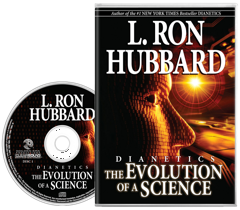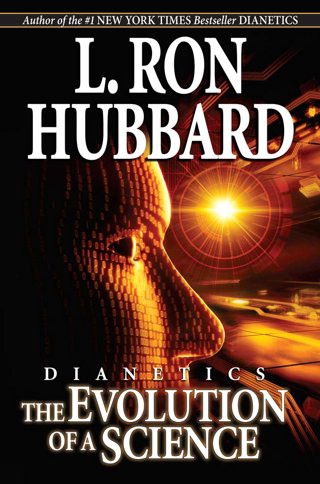How Dianetics can Save You Time, Stress, and Money.
Wiki Article
The 9-Minute Rule for Dianetics
Table of ContentsAll about DianeticsThe Single Strategy To Use For DianeticsSome Known Questions About Dianetics.Fascination About Dianetics
I could not ever not wish to obtain anything that comes to mind for you- if it was otherwise, I would not be sitting right here with you, doing this. I not only could never ever have a trouble, or not desire to hear something that enters your mind for you, however I'm completely anxious to understand every idea, every thought, every photo or feeling that emerges or materializes for you- do not ever before believe otherwise, and if for one reason or another you do, please just let me understand! Often, you may have an idea, and image, concept or case pop up that does not appear to respond to the question, or connect to it, however nevertheless, constantly do tell me about it, and as we proceed, the significance will certainly emerge for you.This is fundamental in the basis of processing, and the subject of this conversation: the fundamental functions of the counselor and the customer: The fundamental duty of the counselor is, in contrast to "basic training", not to control, which indicates to enforce and/or prevent, but to instead function from the basis of EMPOWERING THE CLIENT.

All About Dianetics
John Mcmasters expressed this fundamental reality incredibly well in among his lectures on Power handling, in which he describes exactly how he was asked what this "special propensity" was that he had for offering such excellent sessions; he needed to think of that for a moment, and found that it was what he had not been doing, along with what he was doing: he had not been reviewing, evaluating, computing, or as a matter of fact, creating any thoughts, not to mention spoken expressions, after giving the command and while awaiting the PC to complete their response to their satisfaction; he was, just and only, existing with the computer, and completely interested.The role of the counselor, showed; that was his "special knack". I have had my very own experience which taught me this well, very early on in the game. In 1982, having just recently completed my training and internship on New Era Dianetics, I was running this on a PC, and there was a factor in the session where (being a bit wet behind the ears not yet check over here having numerous hours under my belt as an expert auditor) the PC appeared to be "taking too long" to express anything verbally after I gave him a command.
This key turned out to be the most valuable contribution that John ever before made to the topic of therapy or auditing (Dianetics). In my simple viewpoint, it is the biggest contribution that anyone has actually ever before made to these subjectsthe application is entirely non-judgemental, non-evaluative, and empty of any type of tip, recommendations or opinion.no preconceived agenda for people, or 'degrees' that they need to do
In Idenics, the only resource of information concerning a customer is the private client. In Scientology we prided ourselves on not assessing for people. Yet all that truly meant was that the auditor did not vocally review for the computer in session. The registrars and values police officers assessed for the computer.
What Does Dianetics Do?

Anybody that had ever before seen John audit could not aid but see a distinct top quality in his auditing."The customer's basic duty is to be there this content with the purpose of relocating the direction of their spiritual objectives, and to freely and completely share and experience whatever materializes for them in responding to the questions and implementing the instructions in the handling.
This is something to procedure as needed. Yet likewise, individuals frequently have prior experience and/or brainwashing in auditing/processing which, somehow, and why not find out more to some degrees, in fact misdirects them into mindsets, concepts and behavior patterns that avoid the full understanding of these functions, and so they will certainly have a tendency to prevent the expressing of what comes to mind, as in the instances given above. * The first, and perhaps primary examples of mis-indoctrination bring about much less than entirely smooth and reliable sessions, can be discovered in certain elements of the training routines, or "TR's":"TR's" are commonly an individual's initial, or at the very least early, experience in Scientology, and while I will go on to describe what I see as the problems in idea and method, nonetheless, often tend to be considerably healing, done as they are provided (Hubbard firmly insists that "TR's are not processing, they are training", yet factually, they are both processing AND training)
There is no "flunking", and no rejection of the truth of this being handling. The emphasis, as it should be, is on experiencing the other individual's presence.
Dianetics Fundamentals Explained

Report this wiki page